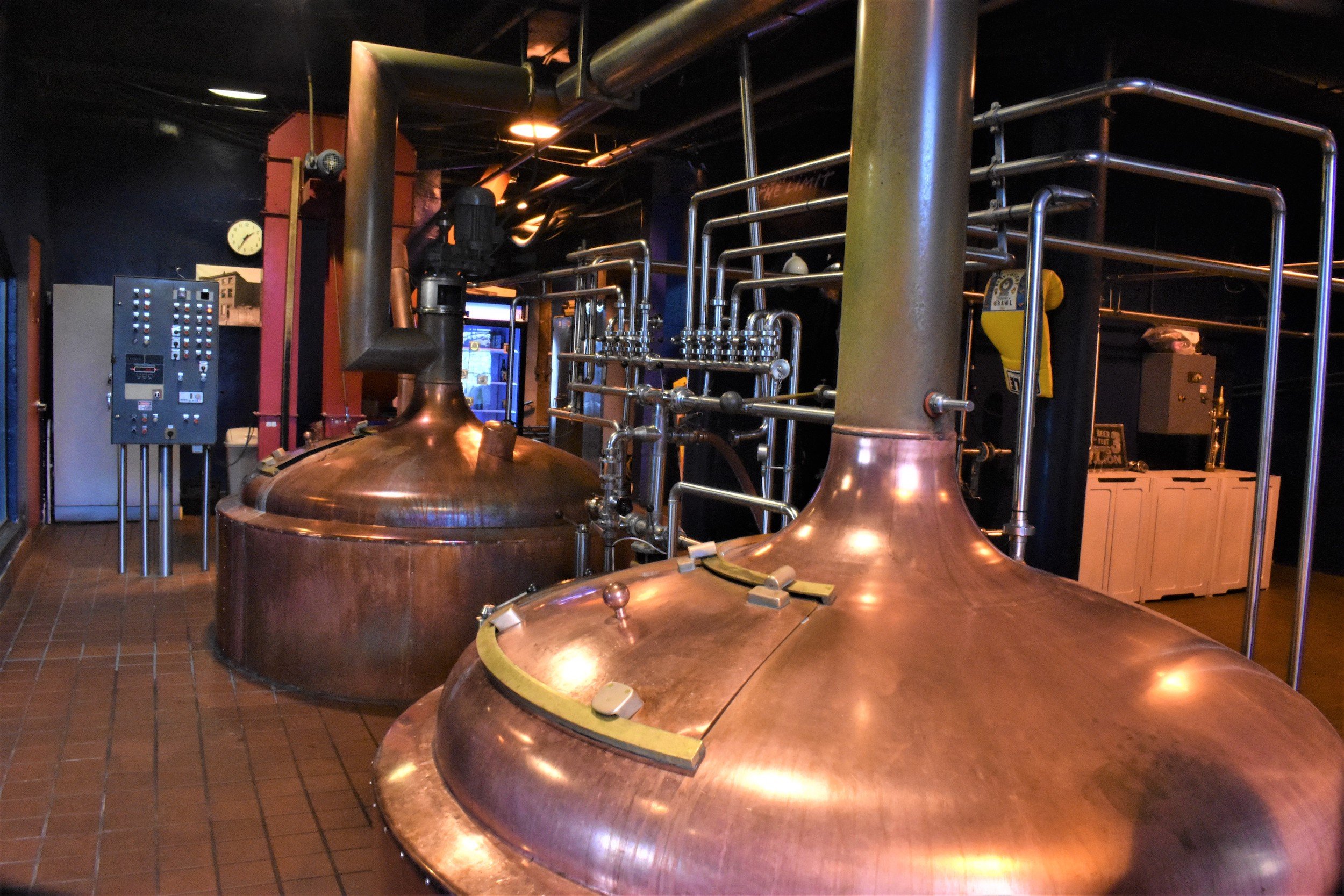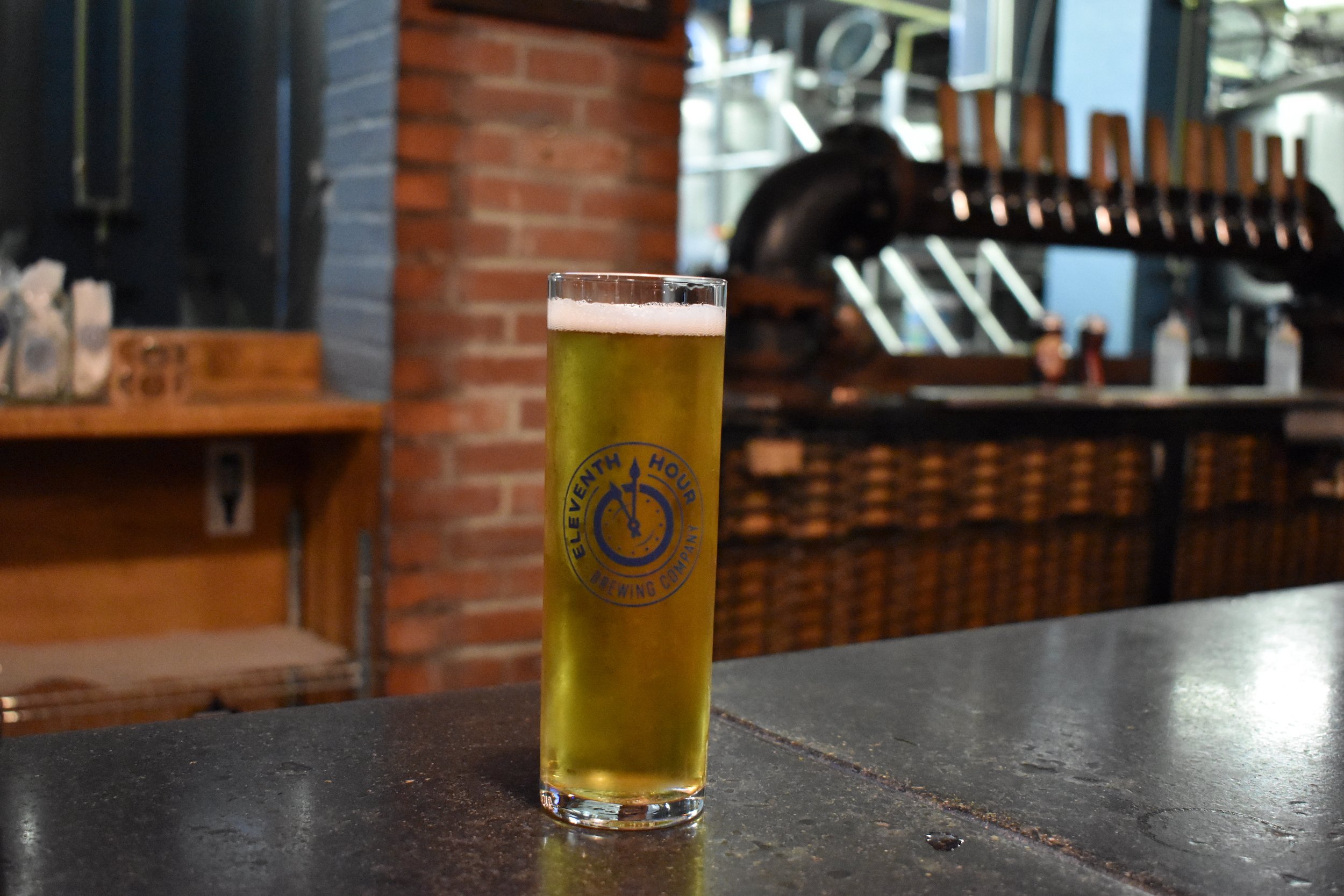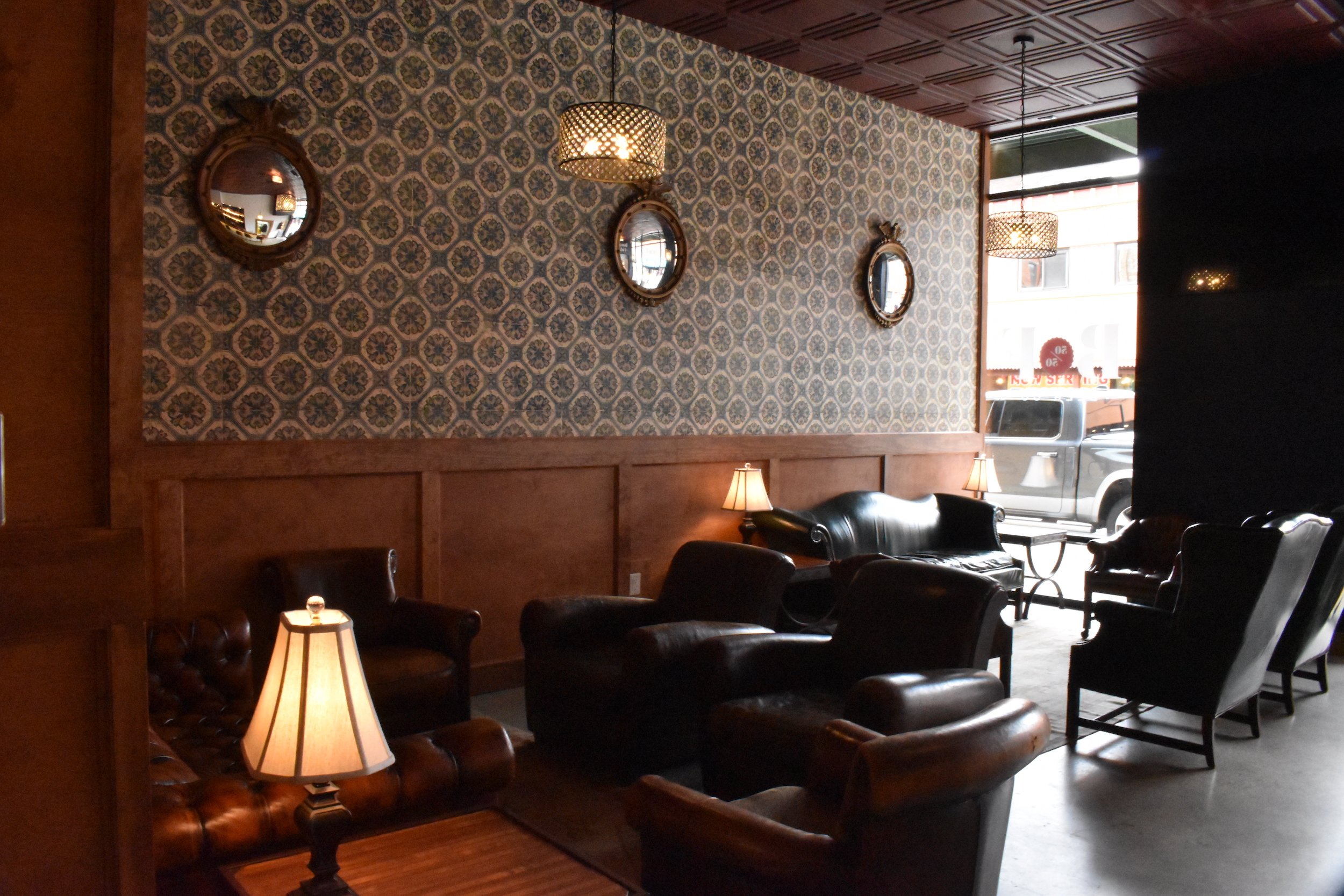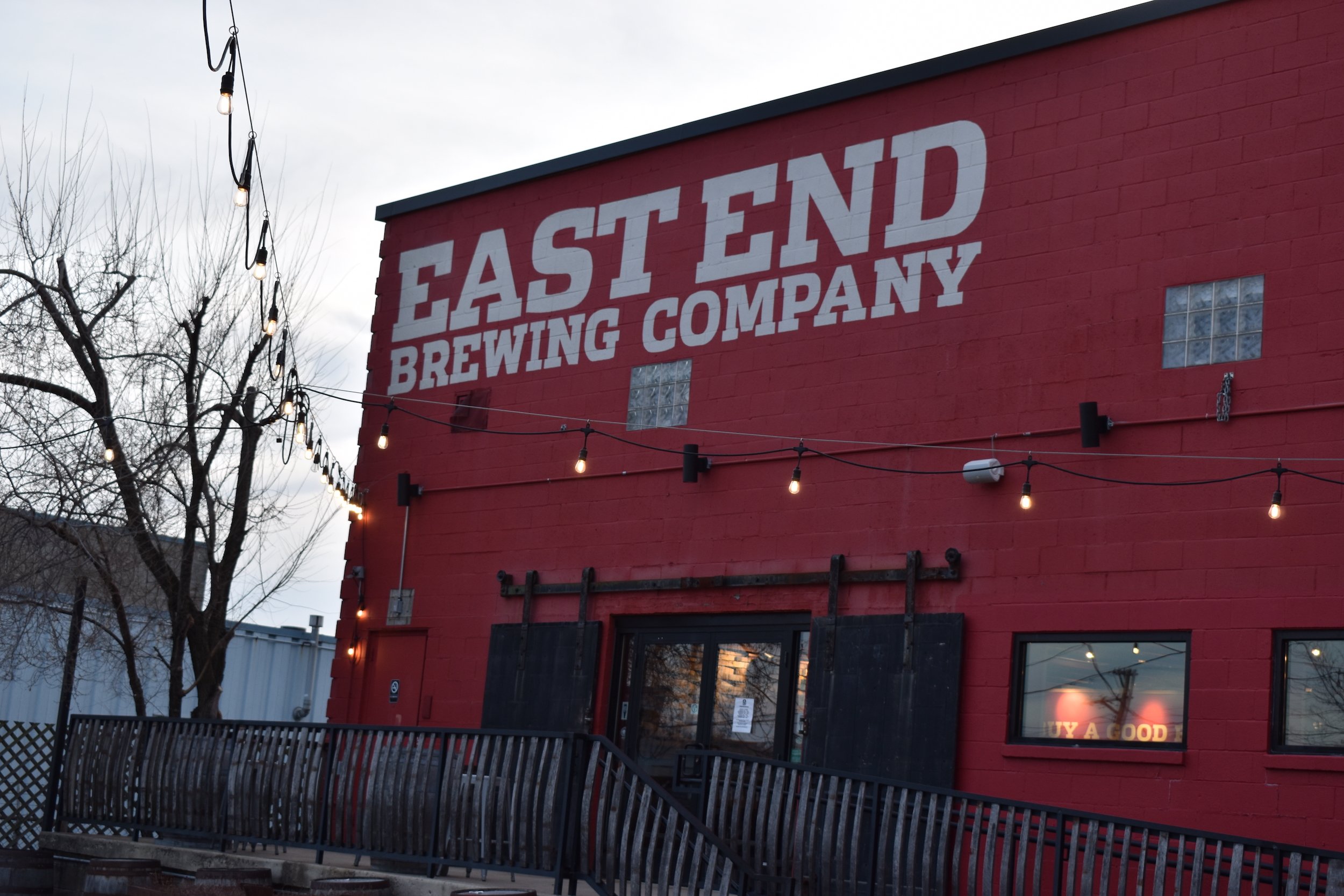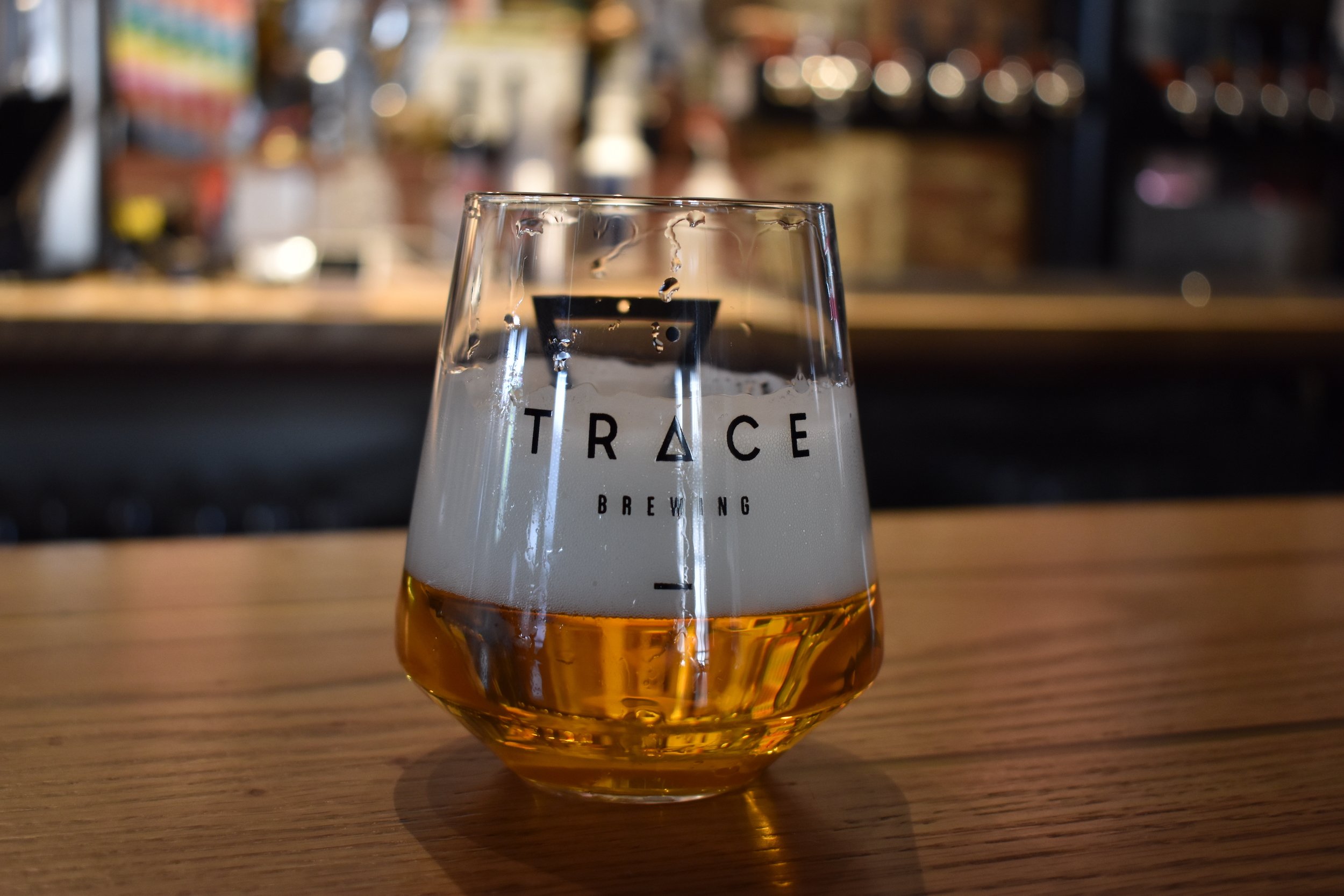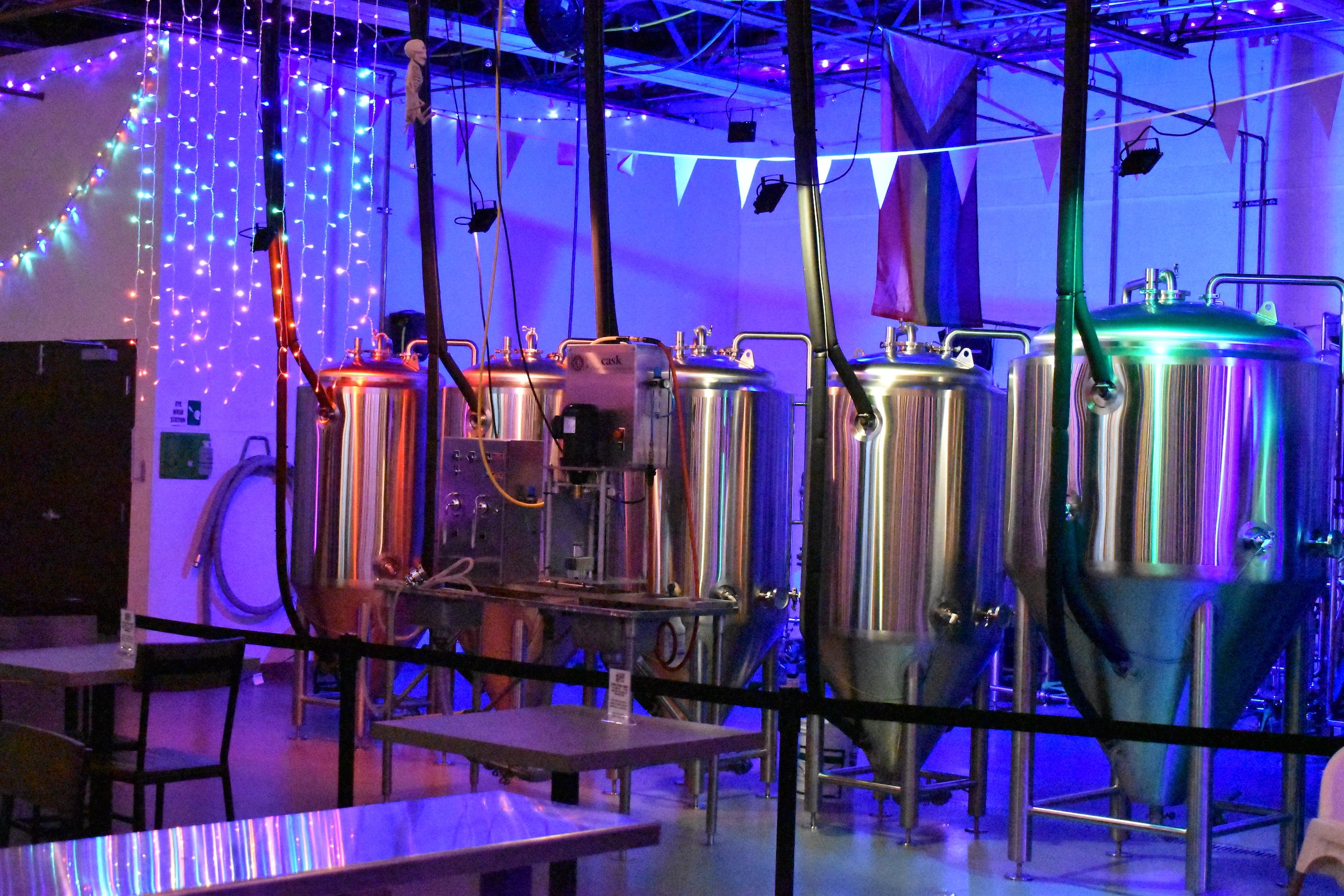How the Craft Beer Scene is Growing in Pittsburgh
In 2023 the Craft Beverage Expo and Conference was held in Pittsburgh, along with the CBX Experience: a consumer tasting event that included small batch vendors from across Allegheny County to showcase their products to industry partners and the public. The event which featured beer, cider, sake, mead, spirits, and RTDs put the spotlight on the Steel City. A destination for craft beer drinkers, there are fantastic breweries to explore both within the city limits, and further afield.
Pittsburgh Breweries, Old & New
Penn Brewery
German-made brewhouse at Penn Brewery
There’s plenty of beer history to be found in Pittsburgh. Penn Brewery is in North Side’s Deutschtown neighborhood, which was settled by German immigrants. The brewery dates to 1986, but beer has been made on the same site for much longer, and lagering caves remain today. Beers such as Munich dunkel and hefeweizen are brewed using German-made 30-hectoliter system, and there’s a wide range of traditional German fare to accompany the drinks.
Kolsch at 11th Hour Brewing Co
11th Hour Brewing Co
11th Hour Brewing Co is another brewery with a historic space. It’s located in old schoolhouse that dates to 1872, and later it was home to a gaslight manufacturing company. The brewery opened in 2017, and owner Matt McMahon is the current chairman of the Pittsburgh Brewer’s Guild. He partners with a local winery, Engine House 25, to obtain barrels that the winery doesn’t plan to use again and uses them to make sour beers aged with lactobacillus and pediococcus. He also uses bourbon barrels to age stouts.
Space to relax at Bona Fide Beer Co
Bona Fide Beer Company
Nearby, in the city’s Strip District that is best known for its Italian supermarkets, Bona Fide Beer Company, which was established just last year, has a cozy taproom perfect for relaxing after a busy morning of shopping. The continued expansion of the beer scene is great news for visitors and locals alike. “We used to have customers who would come from 2-3 hours away to get our beer on a Saturday,” says Scott Smith, owner of East End Brewing, which opened in 2004. Now, many of those customers have newly opened breweries much closer to them.
Beer in Every Neighborhood
Exterior at East End Brewing
Smith says that the change that he has witnessed in the beer scene over the last 18 years has been dramatic, and the spread of the beer scene into new neighborhoods is something that he is passionate about. To this end, he decided to brew a beer for every one of the 90 Pittsburgh neighborhoods. The initiative is called YOU ARE HERE. Once the beer is ready, the East End Brewing team launches it in the neighborhood that it is dedicated to, by partnering with a local business in that area. It’s a way to meet people where they are and make great craft beer more accessible to everyone. Residents have loved the project. “We released a beer in Garfield. It was a hazy IPA, a very modern beer style. Someone sent us a photo of their grandmother, who was 87 years old, sitting with a can of Garfield,” Smith says.
Dortmunder at Trace Brewing
Brooke Keane, who is responsible for communications at Trace Brewing in the Bloomfield neighborhood, describes the Pittsburgh brewing community as friendly and supportive. “We’ve sent customers to other breweries,” she says, pointing out that she’ll recommend places based on events, and beers that customers are interested in. Trace celebrates its 2-year anniversary this month, and visitors can enjoy both beer and coffee in an open-plan trendy and industrial space, that used to be a brass and bronze foundry. “We didn’t want it to be so… shiny or polished,” says Aadam Soorma, who looks after marketing and guest experience at the brewery. He explains that the brewery’s name comes, in part, from this heritage that is evident in the space. “If you step inside, you can take a look around, and trace back what the brewery used to be, before it was a brewery.”
The house bier is a kellerbier, and there’s also a variation that has been aged in a foeder for 3 months. There are wine barrels used for aging saison, in addition to rye and bourbon barrels for aging stout. Joe Burns, a nationally ranked barista, is the head of the coffee program, and even roasts his own coffee. The brewery has a paid vocational program, for which women, people of color, and those who identify as LGBTQIA are strongly encouraged to apply. The successful applicants work with the brewery for a 6-month period, and so far, all four graduates have gone on to secure jobs in the brewing industry after completing the placement.
A Beer Destination on the Outskirts
The brewhouse at Necromancer Brewing
One such graduate ended up working at Necromancer Brewing in Ross Township, just a little outside the city limits. The brewery is so-named due to the passion the team has for researching and resurrecting dead beers, in addition to producing popular styles like hazy IPAs. And when older styles do feature on the tap list, there’s often a twist on an original recipe. One recent example is a smoked, fruited sour.
“When you bring something back from the dead, it isn’t quite the same as it was,” says owner Ben Butler. Other resurrection styles have included a Kentucky Common (a style dating to pre-Prohibition times), and Rotbier (a red lager hailing from Nuremburg). This sense of experimentation is a key part of the ethos, as evidenced by the fact that the brewery has released 120 unique beers in less than 2 years since opening their doors. The brewery hosts events such as drag shows and bingo nights, with plenty of space to expand into in the future.
Butler points out that 50% of the staff is queer, and head brewer Lauren Hughes participated in the Women in Craft forum at CBX. Championing diversity and inclusivity is important to the team, and Lauren says that the brewery is the place that she would want to visit herself as a queer woman. “It makes me happy when I can look out in the taproom and see a bunch of people who are like me, and a bunch of people who are not like me,” she says. Butler thinks that soon, people could look to Pittsburgh as a city setting a great example of D&I in the brewing industry, while also making great beer. “You have people with amazing resumes who decided to start making beer here.”

